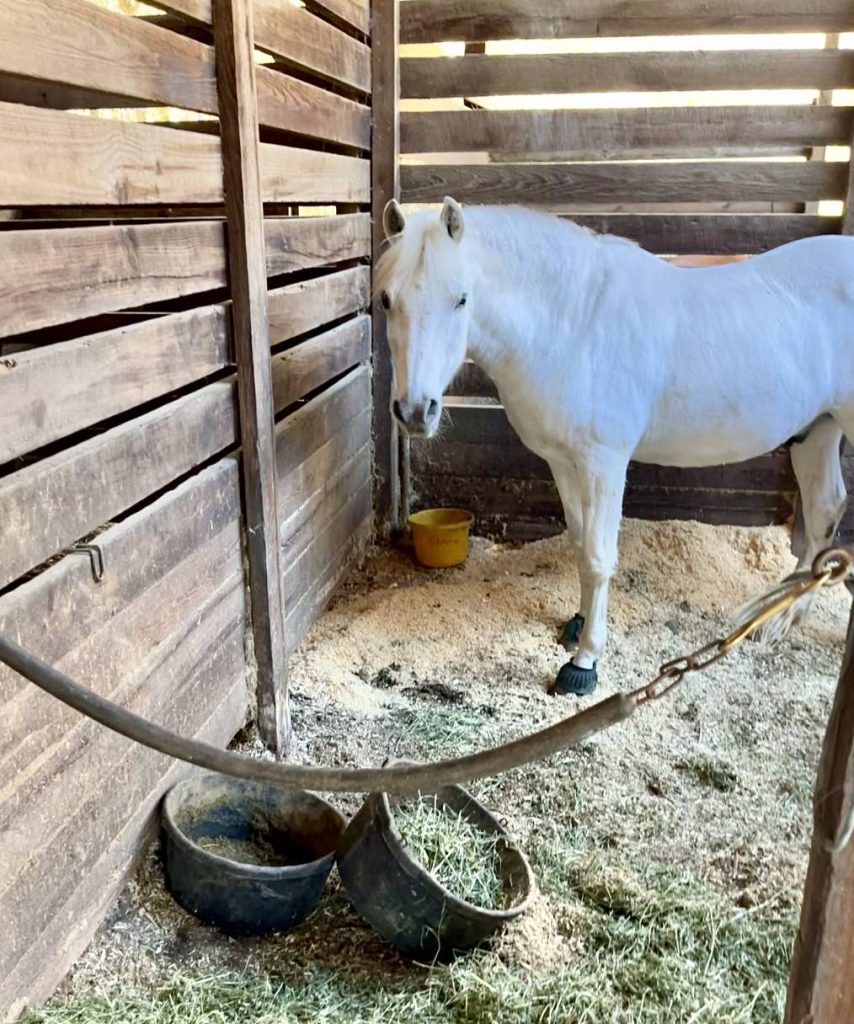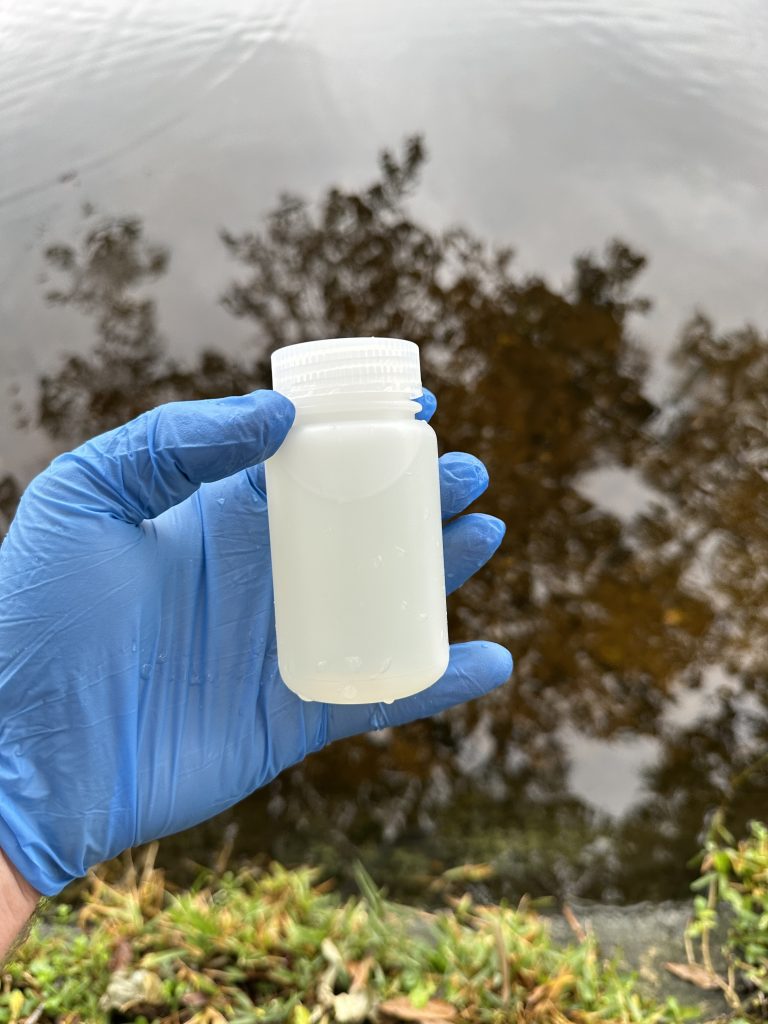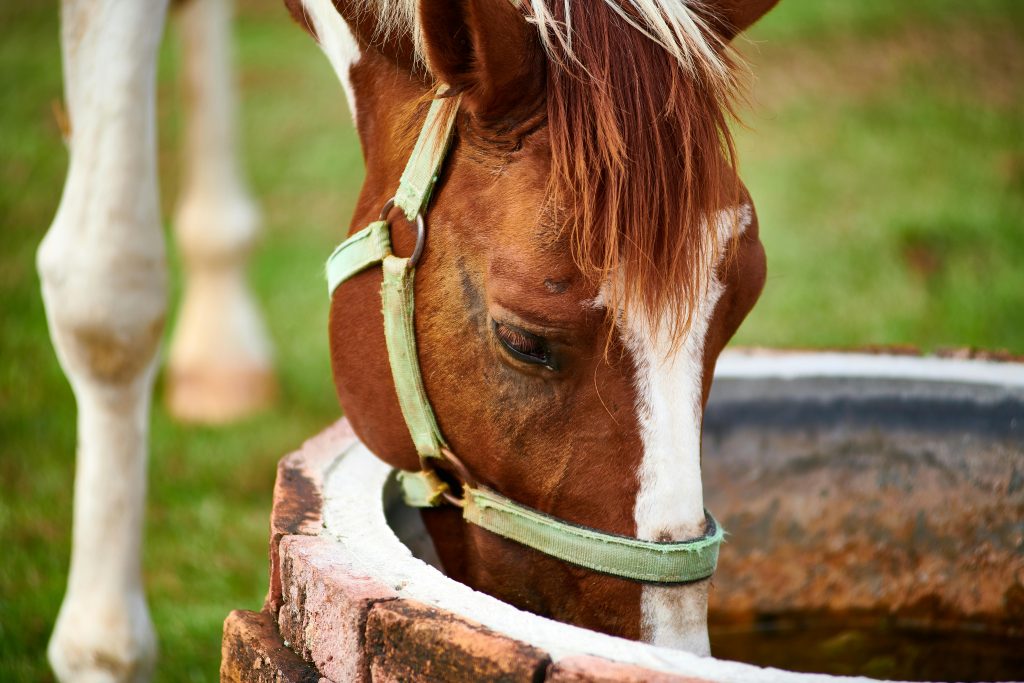Wellington, Florida, is a central hub for equestrian enthusiasts. Here, your horses have access to top training facilities and prestigious showgrounds. But among the rigorous training and competitive atmosphere, their health remains the most important factor. One crucial element often overlooked is the quality of their drinking water.
Staying hydrated is important for many things in a horse’s body, including how well they handle exercise, how well they digest food, and how they keep their body temperature under control.
Testing your horse’s water can tell you if it’s safe to drink and if you might need to add a treatment system or filter. This test can also tell you how much of certain minerals are in the water, which can help you adjust their diet if needed.
If you’d like to know more about how to test your horse’s water and how to make sure they’re drinking enough good quality water, keep reading!
Why Test Your Horse’s Water?

Horses, like us, need water to survive. Roughly 70% of their body is made up of water, drinking on average at least 6-9 gallons a day. It is crucial for everything from digestion and circulation to keeping their joints healthy and removing waste.
The quality of the water they drink can affect their health substantially Water often contains minerals, bacteria, algae, and other dissolved contaminants. These substances can impact palatability and how much they drink or even cause diseases!
Water Quality Testing

Living in Wellington, FL, you have many options for your horse’s water source – private wells, public water, ponds, lakes, or even rivers. No matter the source, regular water quality tests are crucial for your horse’s health.
A water analysis can give you a complete picture of what your horse is drinking. It checks for physical properties like clarity and taste, microscopic organisms like bacteria, mineral levels that can impact their diet, and even potential toxins.
Can Horses Get Sick From Dirty Water?
Just like humans, horses are susceptible to disease and health concerns when drinking contaminated water! Here is a list of some of the most common issues to look out for and test:
-
Bacteria: High total bacteria count (>200 CFU/100ml) or fecal coliforms can cause diarrhea. Test for total coliform and E. Coli
-
Nitrates: Levels above 400 mg/L can limit oxygen transport in blood. Test for nitrate levels.
-
Sulfates: High levels can cause diarrhea or sudden death. Test for sulfate levels if you suspect your water source is high in sulfur (rotten egg smell).
-
Iron: Too much iron can impact zinc and copper absorption, potentially leading to liver disease. Test for iron levels if concerned about iron intake from other sources (hay, grass).
-
Water pH: Very acidic water (pH < 5) is unappetizing. Test water pH to ensure palatability and your horses drink the amount of water that they need.


